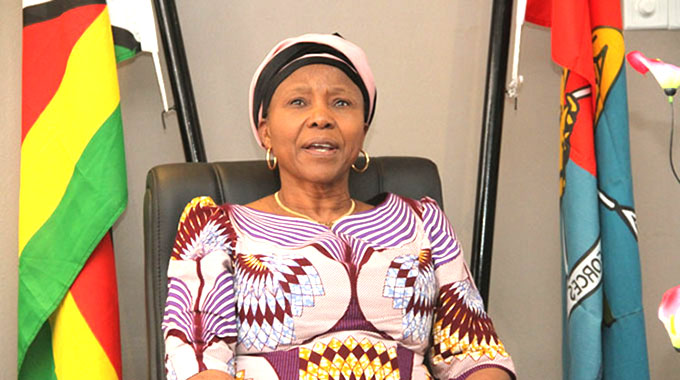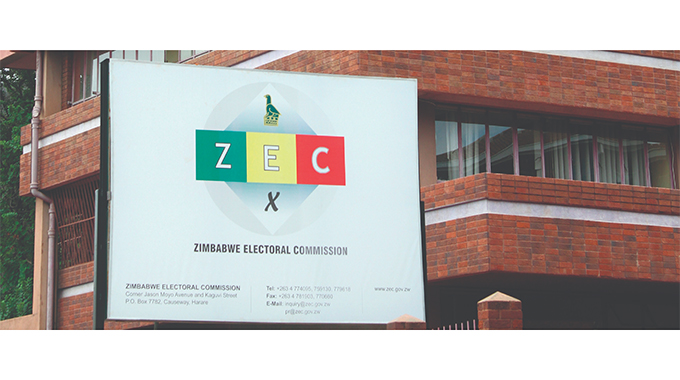Organisations urge more efforts to empower women

Tsitsi Tasaranarwo-Herald Correspondent
Zimbabwe yesterday joined the rest of the world in commemorating the International Women’s Day, with various organisations advocating for women’s rights calling for more efforts to empower women.
The day was celebrated under the theme; “Embrace Equity”.
National celebrations were held at the Balmoral Farm, Chegutu District in Mashonaland West Province.
Zimbabwe has done a lot in empowering women, with access to education being open to all while at the workplace, equal opportunities have been opened for both males and females.
Although numbers still remain low, the Second Republic continues to open up opportunities for women, especially top positions, with women taking up half slots for Ministers of State for Provincial Affairs and Devolution.
A critical post of Defence and War Veteran Affairs, was allocated to a woman, Minister Oppah Muchinguri-Kashiri, who also holds the position of Zanu PF National Chairman, as President Mnangagwa continues to value the roles played by women in society.
In a joint statement, organisations such as Musasa, Netherlands, Adult Rape Clinic and the Zimbabwe Women Lawyers Association, said this year’s theme was important for everyone to appreciate and embrace.
“We join the rest of the world in celebrating International Women’s Day under the theme, ‘Embrace Equity’. This is a call to make gender equity a part of every society’s agenda,” said the organisations.
“It is important to understand, acknowledge and value the difference between equity and equality.”
Equality generally refers to the state of being given the same resources or opportunities regardless of differing circumstances, while equity recognises each person’s different circumstances and allocates resources and opportunities needed to reach an equal outcome.
The women’s organisations said equality alone may continue to marginalise women in the political, economic and social spheres if historical and social barriers were not adequately addressed.
“For example, equality will focus on providing men and women equal opportunities. Yet women often require more than just levelling the playing field. “There must be deliberate efforts that often require more than just levelling the playing field. There must be deliberate efforts that effectively promote and support them in all spheres of their lives from education, employment, domestic and health,” said the women’s groups.
It is generally agreed that women, as a group, are diverse and their individual needs differ significantly.
Women’s rights groups say equality is inclusive and promotes the progressive realisation of women in their diversity, including those that are disabled, those living in rural areas, and those that are economically disadvantaged.
The Convention on Elimination of All forms of Discrimination Against Women (CEDAW) said there was a need for equity as a means to achieving equality and non-discrimination.
The country’s constitution provides that all persons are equal before the law and have the right to equal protection and benefit of the law and equality is an important tool in addressing equity.
The Zimbabwe National Statistics Agency (ZimStat) also joined the nation in celebrating International Women’s Day, by taking stock of the achievements the country has made in improving ICT access and literacy among women.
The United Nations theme for 2023 is “DigitALL: Innovation and technology for gender equality”.
ZimStat said the use of technology has been on the increase over the years, with data showing that the gender gap in access to ICTs still exists, a development that keeps women from realising the full potential of ICTs.
“Because women are under-represented in STEM education, the ripple effect is felt also in the areas of work where women are also under-represented. Statistics show that over the years, the number of women making use of ICTs has significantly increased.
“This includes women’s access and use of computers and the internet. In 2014, the proportion of women age 15-49 years who reported having ever used a computer was 19 percent, while 20 percent had ever used the internet from any location. In 2019, the corresponding proportions were 29 and 34 percent, respectively. There is notable gender differentials in the ICT skills that women and men possess,” said ZimStat.











Comments